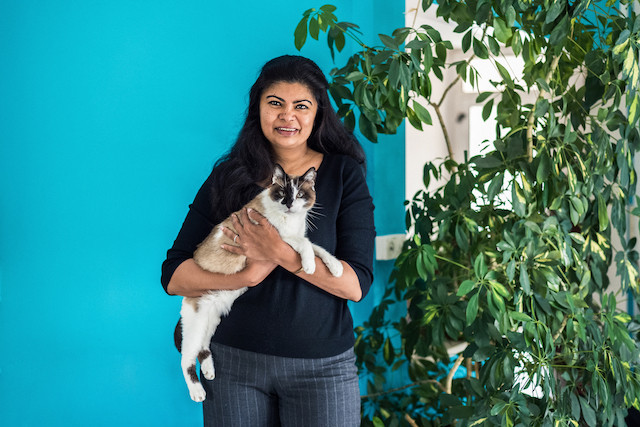Moving to Luxembourg from Prague in 2006, Rani Roloff was initially struck by the quietness. She quickly realised it was an ideal environment for raising children. “I think it’s one of the safest and nicest places you could bring your children up in. Children have freedom to live, breathe and be themselves. There are some fantastic schools in Luxembourg.”
Having already lived abroad, the mother-of-two knew the importance of finding a support group, to compensate for the lack of family around her; “your friends almost become your family.” This, she said, wasn’t hard in Luxembourg when the children were young and she could meet the families of their friends. “You find people who connect very fast because they are as much in need as you are.” That said, she urged other expats to “spread your net as far as possible,” as there will always be friends who leave when their contracts end. “It can be quite sad in its own way. If you spread your net far and wide, you have some support system and friends,” she said.
Rani says that her family benefited hugely from getting involved in different communities. “The biggest was my children’s school, St George’s.” Rani helped at the school, organising coffee mornings for parents and even worked as a substitute teacher for three years. “Then, of course, the church played a really huge part in my life and the lives of my children and family.” At the English-speaking Anglican church, Rani did readings, served on committees and edited the church magazine for seven years. But the role she may be most widely known for today is as group leader for Telstar Scouts, an English-speaking scouting group. “I thoroughly love it and my children get a lot out of it as well. I’ve enjoyed being there with them.” Luxembourg’s lockdown interrupted some of these activities, but not as much as one might think. A planned district camp for 500 scouts that had to be cancelled became a virtual camp, with people camping in gardens, under kitchen tables or in bedrooms. “We had over 400 participants. It was brilliant!” she recalled.
As for many families, lockdown was disruptive, particularly for her youngest son, who faced upheaval in his schooling. Rani benefited from the time spent at home to find ways to engage with her children and “open the channels of communication, even if they don’t want to talk when you’re there,” she said. “My boys are happy-go-lucky, but everyone worries.” During this time, she says the entire family benefited from their allotment. “I had to wait three years. I got it literally before the lockdown.” Planting and tending this garden gave her family much-needed space and downtime during that testing time. “It’s an exercise and a therapy by itself.”
Today, Rani works for a fiduciary company, a job which she manages to balance with family life through a philosophy of going with the flow. “There are days when your family will take priority and days when your work will take priority. Take it as it comes.”
This article was originally published in the 2020-2021 Delano Expat Guide
